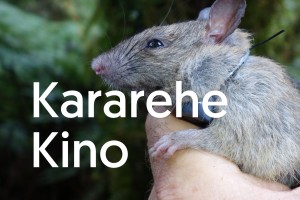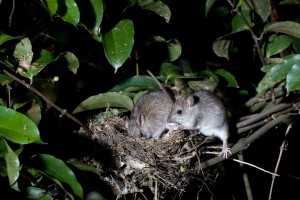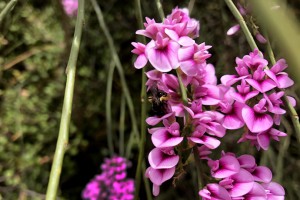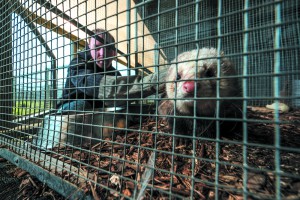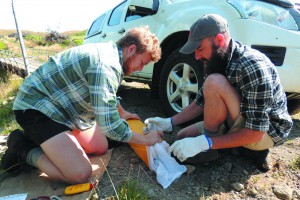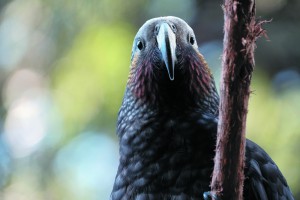Wildlife management & conservation ecology
In this section
Invasive species are the major threat to native biota (and primary industries) in New Zealand, and one of the top five drivers of global change. This portfolio produces new or improved technologies and strategies for invasive species management to better protect biodiversity, and help meet community expectations (humane, environmentally-friendly and safe tools) and market demands for green products and tourism.
Our key impacts will be through enabling New Zealand to better respond to biosecurity threats and reduce pest and disease impacts through novel, high-quality research into new technologies and approaches to managing and eradicating pests more efficiently and cost-effectively at landscape scales. In addition to developing high-tech solutions, we also consider the social and cultural drivers of, and barriers to, managing invasive species. Our research will contribute to reversing the decline of native biodiversity by identifying the key drivers of biodiversity change at diverse scales in natural and managed landscapes, including national and landscape-scale ecological patterns and processes important for species and ecosystem persistence and recovery, especially those with major implications for management such as habitat provision and fragmentation effects on native species.
We develop research goals collaboratively with a wide range of stakeholders including the Department of Conservation (DoC), OSPRI, regional councils, a range of Māori entities and multi-stakeholder management programmes. Our work aligns closely with and supports major national initiatives such as Predator Free 2050 and the Biological Heritage National Science Challenge.
Research priorities
- Tools and Technology provide the underpinning science to support safe, cost-effective and socially acceptable tools for mitigating invasive species impacts on production and conservation values.
- Invasive Wildlife Management focuses primarily on science that underpins the Predator Free initiatives across New Zealand but has the agility to respond to emerging priorities such as national concerns about increasing deer numbers.
- Wildlife Disease supports the management and mitigation of risks posed by diseases to native wildlife and production ecosystems, human health and cultural values. A core focus is on research to enable New Zealand to declare complete freedom from bovine tuberculosis (TB).
- Conservation Ecology brings a whole-ecosystem research focus on identifying damaging or limiting factors and documenting outcomes of experimental approaches to remediation and restoration.
- Biocultural Approaches leads research into Māori cultural values, customary strategies and interventions, and relevant legislative mechanisms in restoring and conserving New Zealand biological systems. Key to this is exploring how biocultural approaches better support the relationships that tangata whenua have with their environment and contribute to reversing the decline of biological and cultural values.

